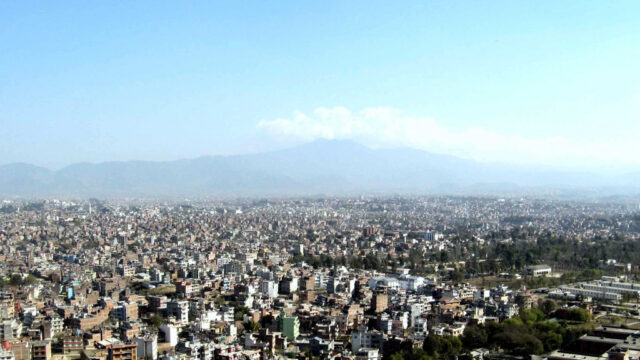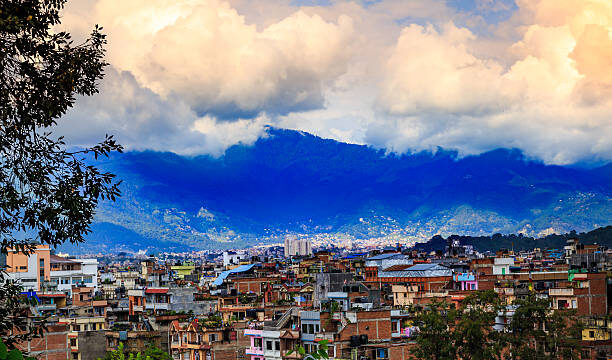As tourism continues to be a significant driver of Nepal’s economy, authorities and stakeholders are increasingly focusing on ensuring that the sector adheres to responsible and sustainable practices. Several measures have been introduced and are being enforced to preserve Nepal’s natural beauty and cultural heritage while promoting economic growth. Here’s a detailed look at the initiatives aimed at fostering sustainable tourism in the country.
The Government of Nepal has introduced a Sustainable Tourism Policy designed to manage the growth of tourism in a way that minimizes environmental impact and promotes cultural preservation. This policy includes guidelines for sustainable practices, such as waste management, energy conservation, and the protection of natural habitats. It also sets standards for tourism operators to ensure they contribute positively to local communities.
Efforts are being made to encourage eco-friendly tourism practices among operators and travelers. This includes promoting eco-lodges and green-certified accommodations that adhere to environmental standards. Additionally, initiatives like tree planting and waste reduction programs are supported to offset the carbon footprint of tourism activities.
Nepal has established regulations for trekking and mountaineering activities to ensure they are conducted in an environmentally responsible manner. The Department of Tourism and Nepal Mountaineering Association oversees the certification of trekking and mountaineering agencies, ensuring they follow best practices for waste management and environmental conservation. The introduction of the “Trekkers’ Information Management System (TIMS)” helps monitor visitor numbers and manage the impact on popular trekking routes.
Community-based tourism initiatives are being promoted to ensure that local communities benefit directly from tourism. These initiatives include supporting local crafts, homestays, and community-led tours. By involving local communities in tourism planning and development, these measures aim to empower residents and preserve cultural traditions.
Educational campaigns and training programs are being conducted to raise awareness about sustainable tourism practices among tourists and industry professionals. These programs cover topics such as responsible behavior, environmental conservation, and cultural respect. Training sessions for tourism operators focus on implementing sustainable practices and improving service quality.
To protect Nepal’s natural landscapes, stricter environmental protection measures are being enforced. This includes regular monitoring of protected areas, strict penalties for illegal activities, and collaborative efforts with environmental organizations to conserve biodiversity. National parks and conservation areas are managed with a focus on balancing tourism activities with environmental preservation.
Ongoing monitoring and evaluation of tourism impacts are crucial for ensuring that sustainable practices are upheld. The Government of Nepal, along with various stakeholders, regularly assesses the effectiveness of tourism policies and initiatives. Feedback from tourists, local communities, and environmental groups is used to make necessary adjustments and improvements.
Tourists are encouraged to practice responsible behavior, such as minimizing waste, respecting local customs, and supporting local businesses. Campaigns to educate travelers on these aspects aim to foster a culture of respect and responsibility among visitors.
By integrating these measures, Nepal aims to create a tourism industry that is not only economically beneficial but also environmentally sustainable and culturally respectful. The commitment to responsible and sustainable tourism practices reflects Nepal’s dedication to preserving its unique natural and cultural heritage for future generations while providing enriching experiences for visitors.






